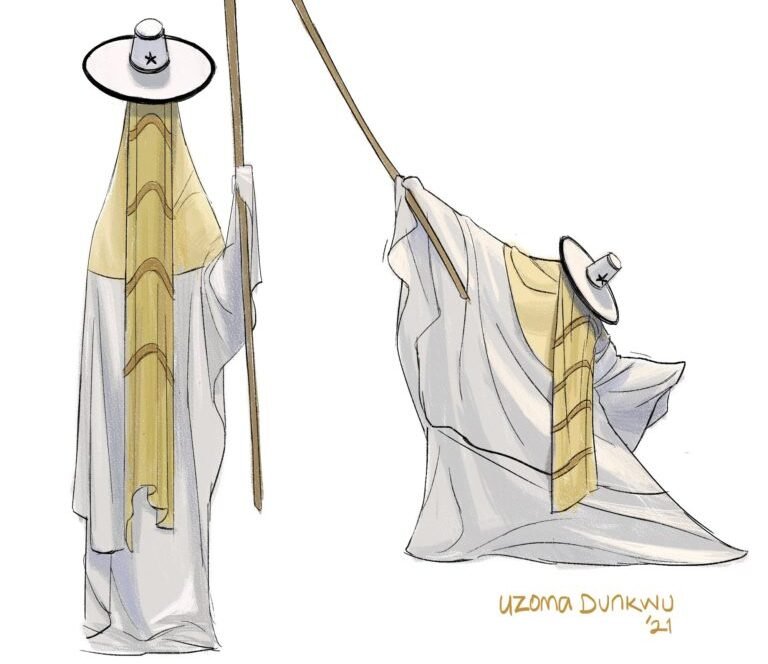The number of cultures in Africa is generally estimated at around 2,000. Only about 50 are made up of more than one million people.
African cultures are classified into five language families: Afro-Asiatic languages, Nilo-Saharan languages, Niger-Congolese languages, Khoisan languages and Austronesian languages.

Contents
ToggleFestivals of the peoples of Africa
Holidays of the month
February 2, 2025 (1 event)
February 2, 2025

Today the Yorubas celebrate Yemoja, the spirit of water and mother of all spirits. The legend says that when a person has no mother to talk to, they can either go and sit by the sea to tell her their worries, or light a blue candle to call her. It is celebrated on various dates including February 2 in Brazil, which has become a tourist attraction. #mythology #myth #legend #calendar #2February #yoruba #Yemoja #Brazil
February 20, 2025 (1 event)
February 20, 2025

The Yoruba (Nigeria) performed the Eyo rite to guide the spirit of the deceased king and inaugurate a new king. Nowadays, the festival is mainly carried out for economic and tourist reasons. #mythology #myth #legend #calendar #February 20 #eyo #yoruba #lagos
Cultural areas in Africa
We generally distinguish:
- North Africa, bounded to the south by the Sahara, inhabited by predominantly Arab and Berber populations;
- sub-Saharan Africa, itself subdivided into four sub-regions:
- from West,
- from the east,
- central;
- southern region made up of all the territories located south of the equatorial forest.
Around 3250 BCE the historical era began with the emergence of writing in the pharaonic civilization of ancient Egypt. This emergence is probably linked to the high concentration of population as well as the resulting degree of political organization. At this time, the other populated areas of the continent were much less dense, which did not lead to the same needs in terms of social organization.
The Egyptian civilization is one of the oldest and most enduring: it lasted until 343 CE. Egyptian influence was deeply felt in the territories corresponding to modern Libya, to the north of Crete and Canaan and, to the south, in the contemporary kingdoms of Kush (Nubia) and Aksum (present-day Ethiopia) in particular.
By the time Egypt reached its peak, around 1500 B.C. BC, further south, in what is now Nigeria, the culture of Nok developed, one of the oldest cultures in sub-Saharan Africa. It is known for its art of terracotta pottery, but also because it attests to the joint use of lithic tools and iron tools, a situation representative of the transition to the Iron Age in this region.
While the civilizations of the Nilotic area prosper and develop, around 2000 BCE or 1500 BCE, the first Bantu migration to the central tropical forests begins, from a location located in the south-east of present-day Nigeria and Cameroon. This is probably an effect of the demographic pressure of the populations of the Sahara fleeing the advance of the desert. The second phase of migration, about a thousand years later, around -1000, brings them to the southern and eastern zone.
North Africa was populated in ancient times by the Libyan peoples (Berbers) dispersed in the vast territory of ancient Libya (present-day Maghreb). It is in antiquity shared between the kingdoms of Numidia and Mauretania. Archaeological sites such as the Medracen and inscriptions in the Tifinagh alphabet bear witness to this period. This region is in contact with the other civilizations of the Mediterranean area, such as the Phoenicians, the Greeks and the
On the coast, the city-state of Utica (located in present-day Tunisia) was founded by the Phoenicians in 1100 BCE; Carthage, the base of an important civilization on the north coast, was founded by Phoenician settlers from Tire in 814 BCE. Utica was later absorbed by Carthage as the latter developed.

